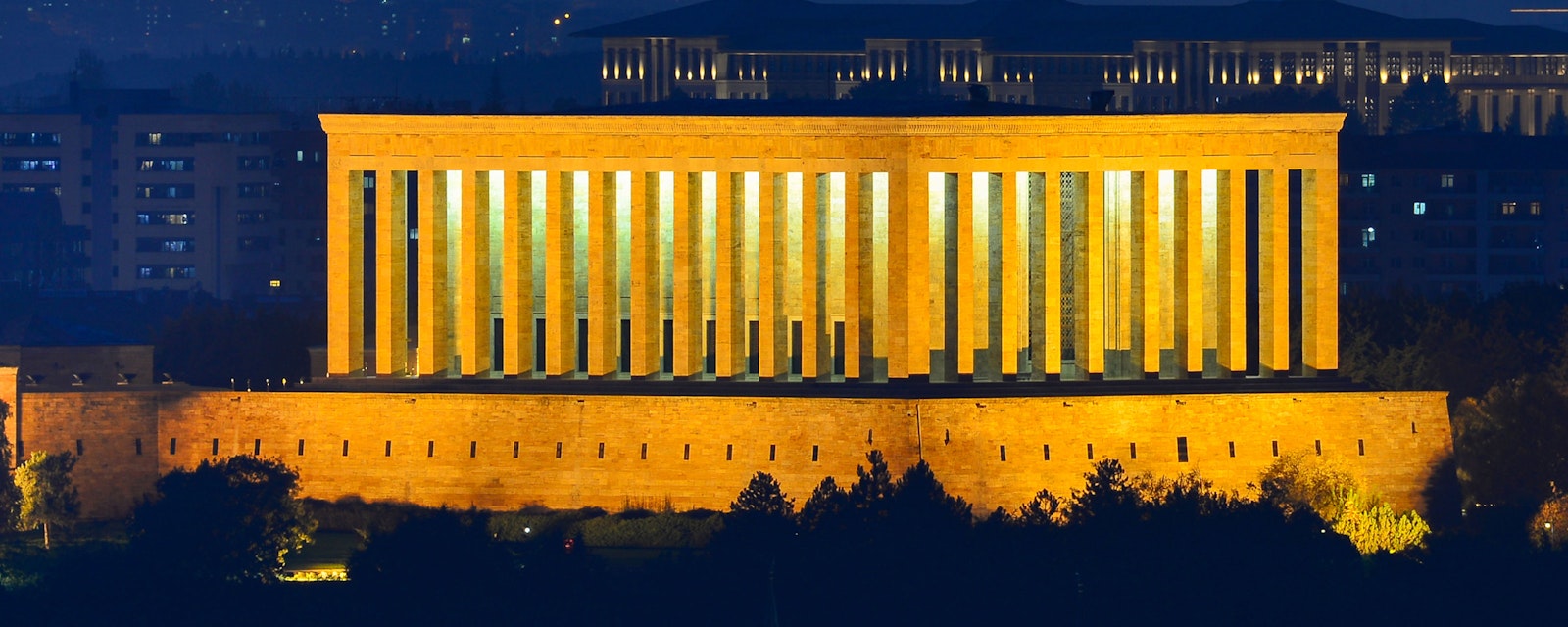With his re-election, Tayyip Erdogan has become Turkey’s most powerful leader since the country began to hold multi-party elections. There is no reason to think that he will pursue more accommodating policies as the first president with full executive power in a system without serious mechanisms of checks and balances. The state of emergency will be lifted in mid-July, but the reform outlook remains negative.
From a policy perspective, Erdogan’s room for maneuver on key matters such as the Kurdish issue (within and outside the country’s borders) and Turkey’s relationship with the West will be constrained by his alliance with the MHP. The ultra-nationalist party will seek to exert the greatest influence in areas such as migration (mainly repatriation of Syrian refugees), national security, and the Kurdish question.
Leaving aside the partnership with the MHP, the toxic mix of conservative Islam and ultra-nationalism unleashed by Erdogan and his AKP over the past few years is another factor that makes even the slightest “normalization” of Turkish politics unlikely for the foreseeable future. More importantly, Erdogan will remain the same: conspiracy-minded, committed to consolidating his power and to distributing economic favors to cronies, resentful of foreign pressure and suspicious of the West.
Although the new presidential system will streamline policy-making, it will come at the cost of increased unpredictability, particularly in economic policy, with direction coming from Erdogan and his sycophantic advisors ensconced in the presidential palace. In this context, the prospects for meaningful structural reforms ahead of the March 2019 local elections remains dim.
State of emergency to be lifted next month
The state of emergency will not be renewed when the current three-month period expires on 18 July. Emergency rule has been in place since the failed July 2016 coup and has been extended every three months since then. It has enabled Erdogan and the government to bypass parliament in passing new laws, allowed them to suspend individual rights and freedoms, and to carry out vast scale purges from the civil service. While lifting the state of emergency could signal that the situation in Turkey is normalizing, in practice not much will change as Erdogan will be able to rule by decree under the new presidential system.
Next steps
5 July: The High Electoral Board is expected to announce the official results of the elections.
8 July: Parliament to convene at 3pm local time, with the oldest MP acting as speaker. The MPs and Erdogan to be sworn in.
In theory, parliament should then go into summer recess and reconvene on 1 October. But there are reportedly still over 6,000 laws and regulations that need to be amended and harmonized with the new presidential system. The AKP-MHP may decide to keep the parliament open for part of the summer to make progress on this front.
There is no indication as to when Erdogan will announce his cabinet, which will be composed of 16 ministers and, at least, three vice-presidents. In any case, this is not likely to happen before 8 July. In the new system, lawmakers who will be appointed to the cabinet will have to resign from the parliament. Although a few AKP MPs would resign to join Erdogan’s cabinet, it is believed that most ministers will come from outside parliament. Erdogan is expected to give to his MHP allies a few cabinet posts.
The new government structure will see the number of ministries reduced from 27 to 16, with several ministries being merged into one. The two ministries dealing with economic matters will be the ministry of trade and the ministry of finance and treasury. There are also several other key bodies that will be created and report directly to the presidency, including nine “Councils” (including one dealing with economic affairs), eight “Directorates” (one of which is titled “strategy and budget”) and four other “Offices” (including one aimed at promoting foreign investments). In total, there around 140 high-level posts that will have to be filled within the new presidency.





